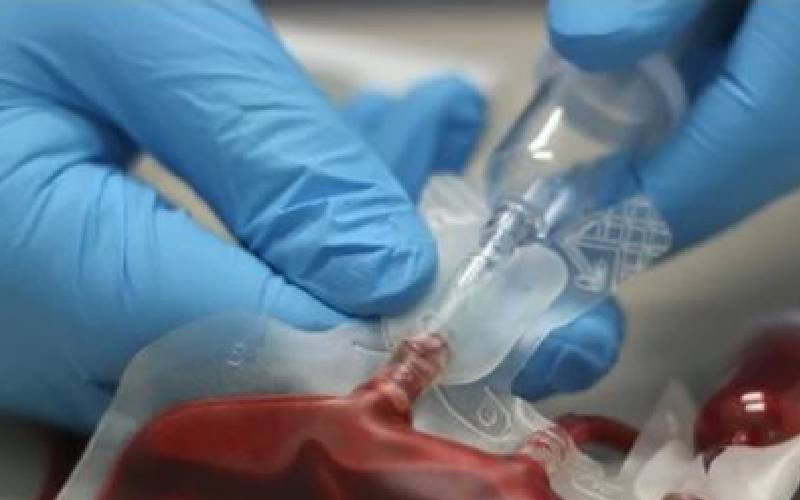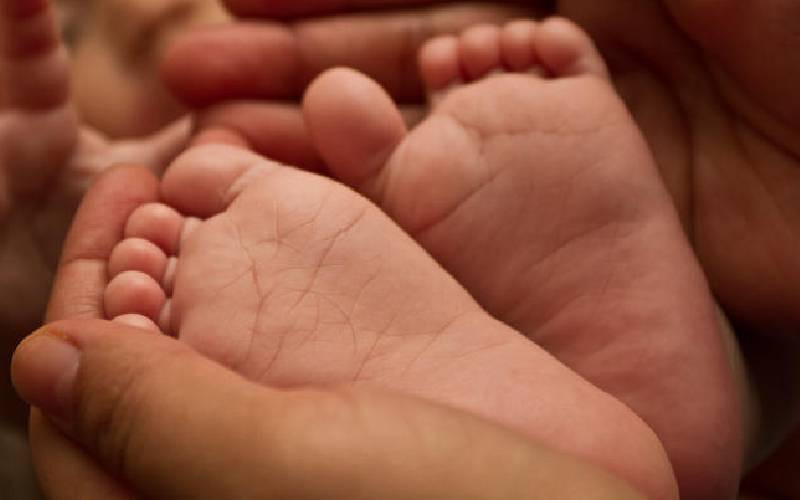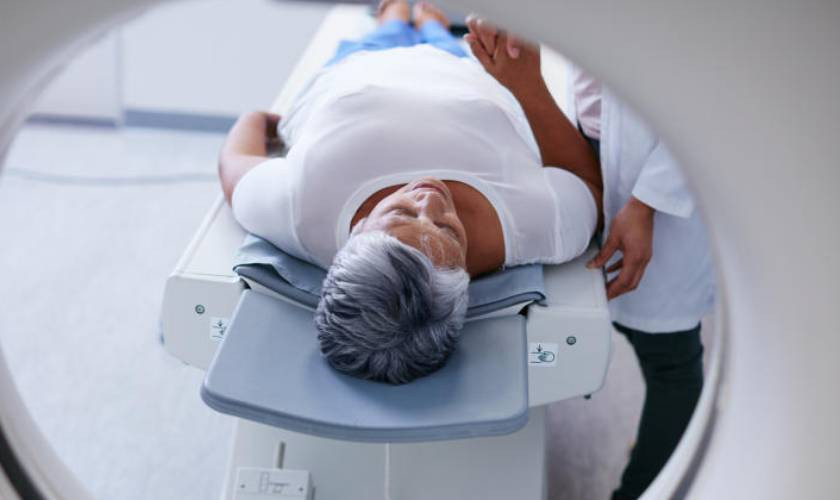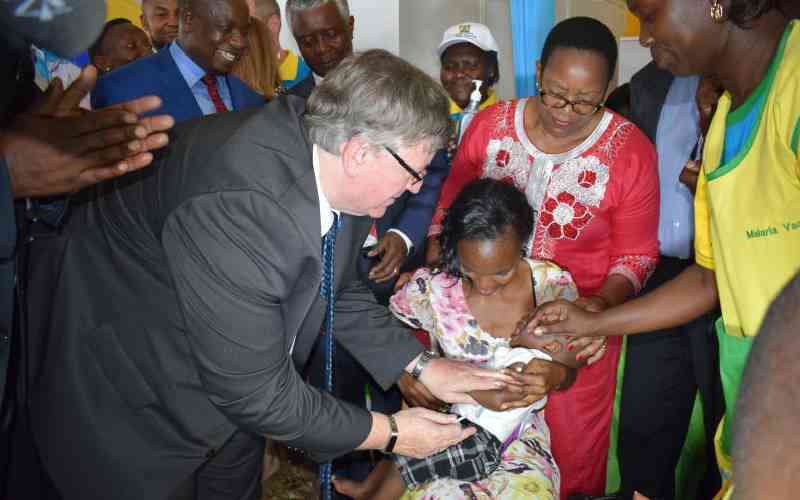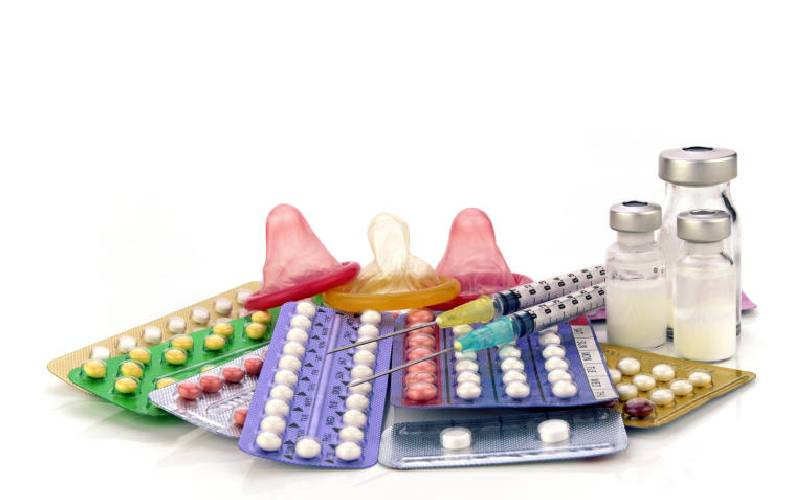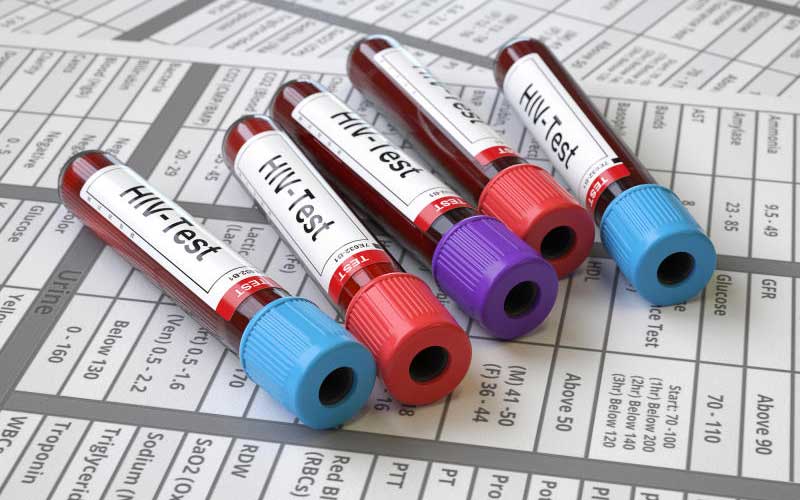
Today marks 31 years since the first World Aids Day was marked to reflect on the milestones being taken to control the epidemic, and to remember those who have succumbed to Aids. This year’s theme is “Communities make a difference”.
To solidify the importance of communities in the fight against HIV, Executive Director of UNAIDS, Winnie Byanyima, said six per cent of all HIV funding will go to community mobilisation, promoting human rights and changing harmful laws that act as barriers to ending Aids.
In Kenya, there are notable milestones in the fight against HIV. Recent reports by UNAIDS indicate that Aids-related deaths in Kenya have reduced by 50 per cent, with the rate of new infections reducing by 30 per cent. This has been attributed to early uptake of ARVs among those who are infected, and increased access to HIV testing among pregnant women to prevent mother to child transmission.
Despite the progress, HIV is still a leading cause of death for women and girls aged between 15 and 49, solidifying the fact that there are some gaps in addressing the epidemic.
Winnie Goretti, who is living with HIV in Kisumu, says women still face stigma and are always blamed when they get a HIV diagnosis.
“I once worked with a young woman who would hide her ARVs in the latrine. She was scared because of the things she heard people around her saying about people living with HIV,” says Goretti.
She says there are many communities, especially those in rural Kenya, that are still uninformed about HIV.
National Aids and STIs Control Programme (NASCOP) Head Catherine Ngugi said the HIV burden is heavier among adolescents and young people.
“Adolescents and youth currently contribute to the highest number of new infections, representing three out of 10, with adolescents having 8,200 and young adults having 17,700 new cases,” she said, reinforcing the belief of counsellors that young people need to be sensitised on prevention of HIV.
“There are many young people, including those in cities, who believe their age mates cannot have HIV. They think HIV is a disease for older people,” says Peter Mbogo, a social worker in Nairobi’s Mathare slum.
Low adherence among teenagers, especially those in boarding schools, has been blamed for the high death rates in teenagers living with HIV.
Teachers in high school have told of cases where students stop taking medication because of fear of stigma among their classmates.
Ngugi said the Ministry of Health in collaboration with Ministry of Education and other partners have developed a caregivers guide to build capacity of teachers and nurses to improve the quality of care for adolescents living with HIV.
Community health workers have called on collective involvement on the fight against HIV, saying people who are HIV negative rarely bother to learn about HIV because they feel it does not concern them. “You do not have to be HIV positive to support programmes such as counselling and making people living with HIV feel safe. Everyone should also get tested so that those who have the virus can start ARV before getting opportunistic infections,” said Brian Luvusa, a nurse in Nairobi.
 The Standard Group Plc is a multi-media organization with investments in media platforms spanning newspaper print
operations, television, radio broadcasting, digital and online services. The Standard Group is recognized as a
leading multi-media house in Kenya with a key influence in matters of national and international interest.
The Standard Group Plc is a multi-media organization with investments in media platforms spanning newspaper print
operations, television, radio broadcasting, digital and online services. The Standard Group is recognized as a
leading multi-media house in Kenya with a key influence in matters of national and international interest.

